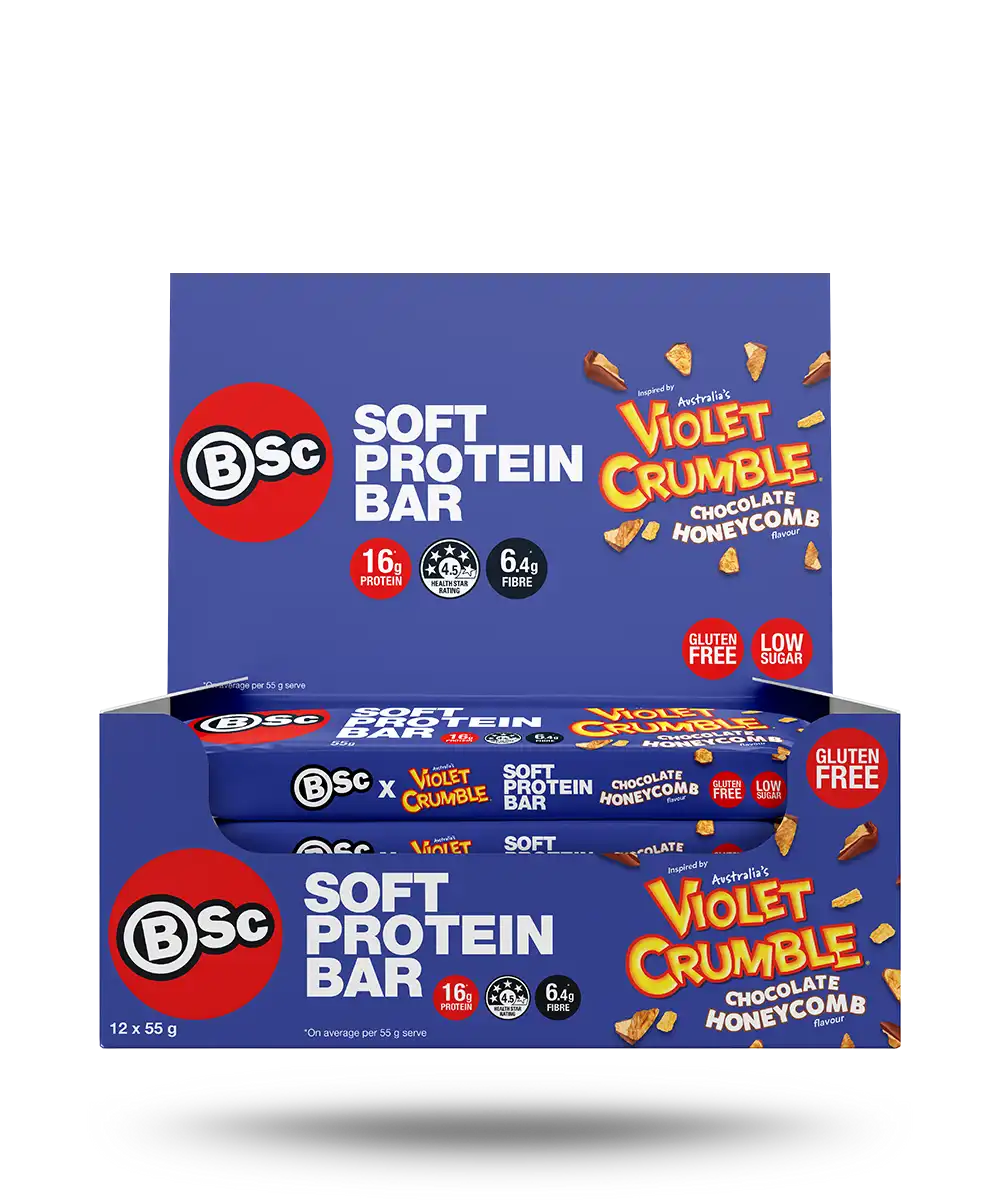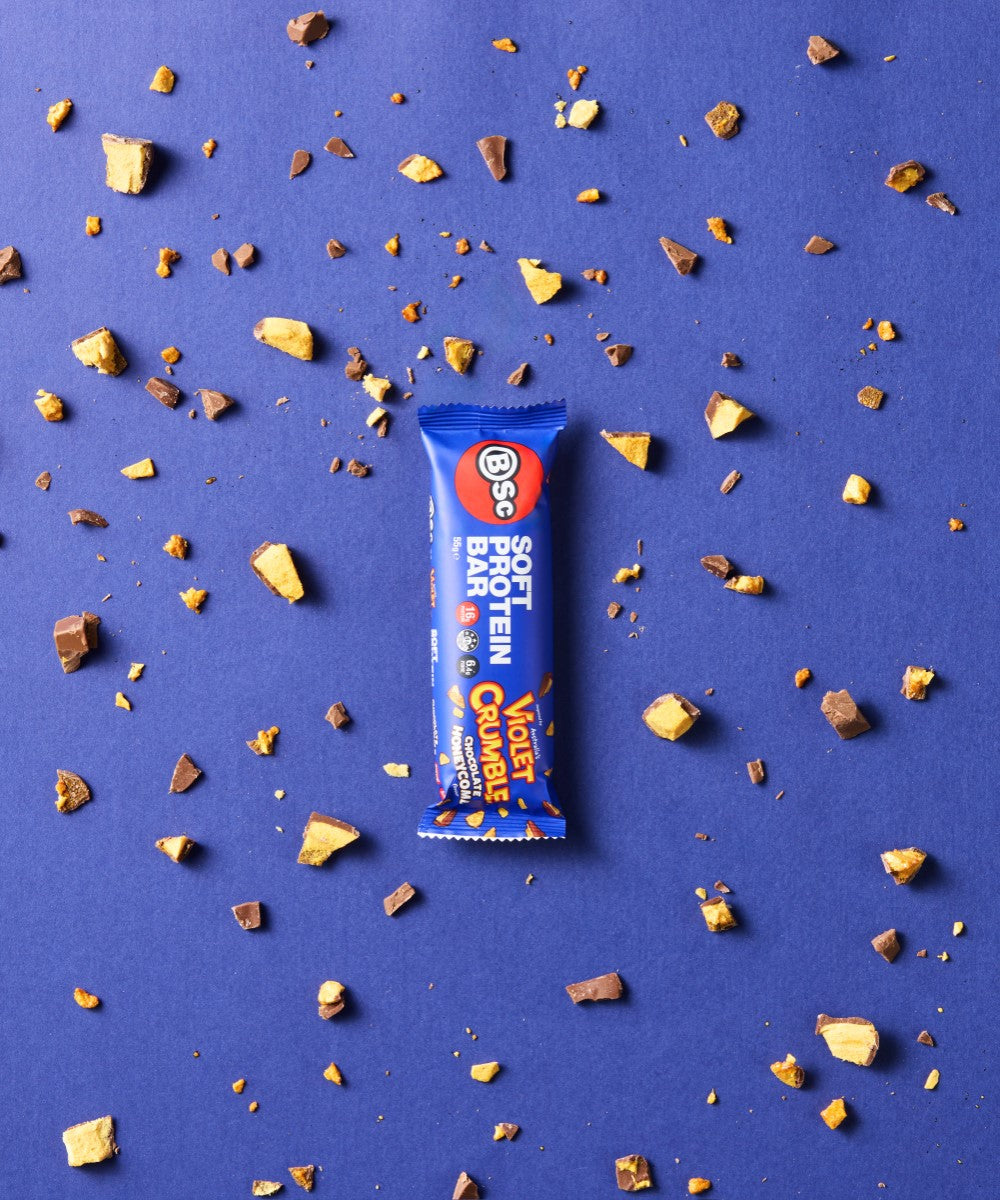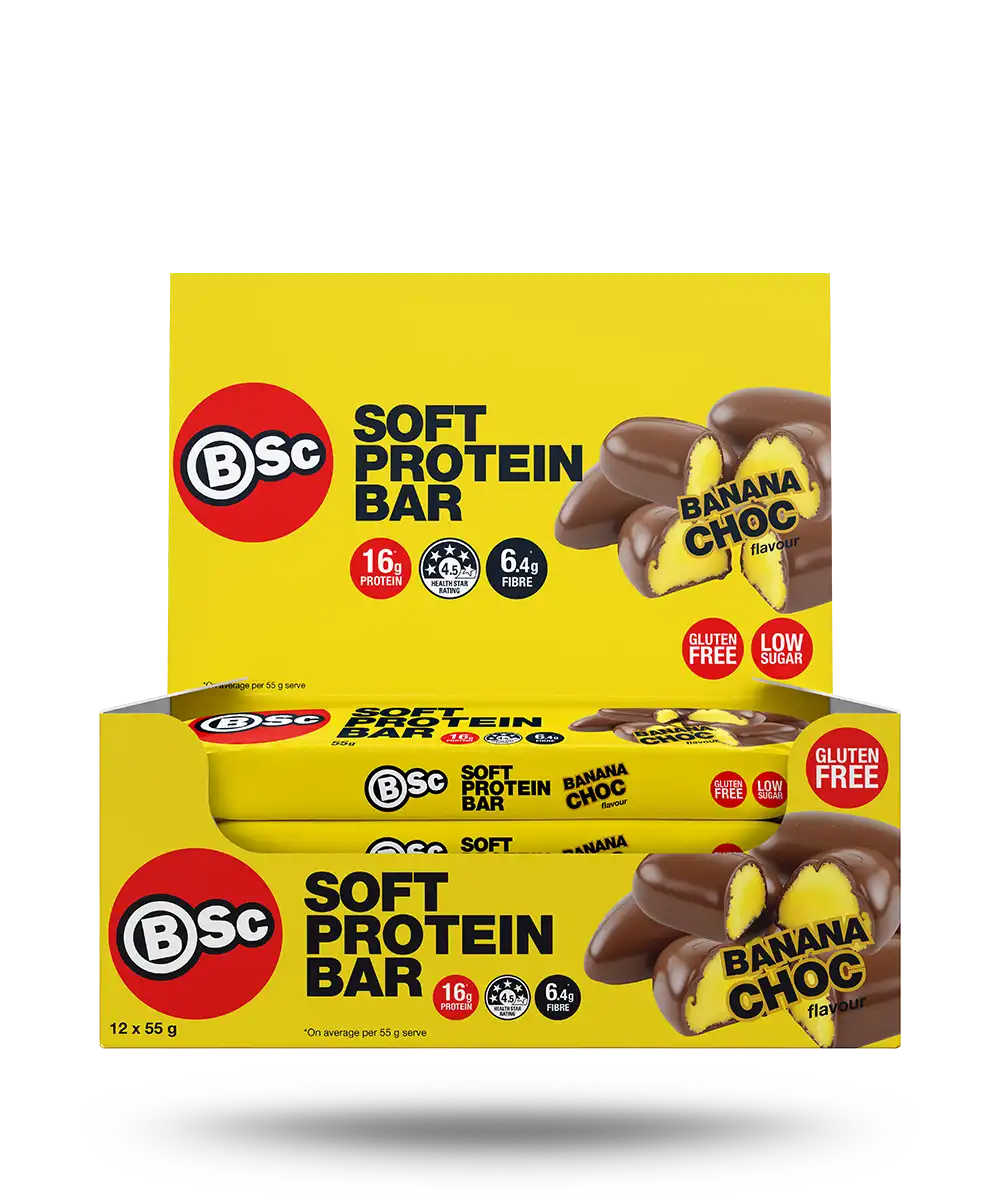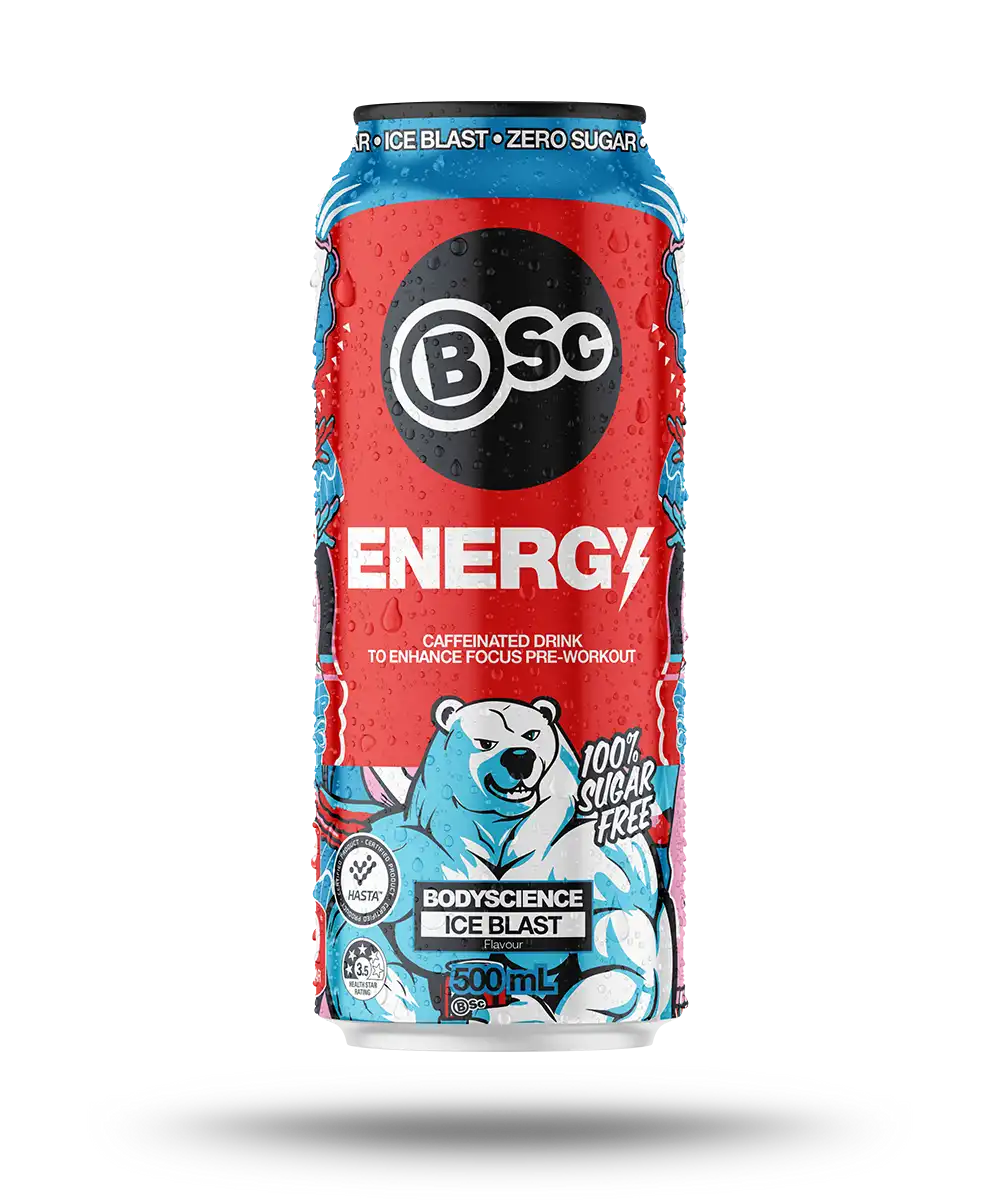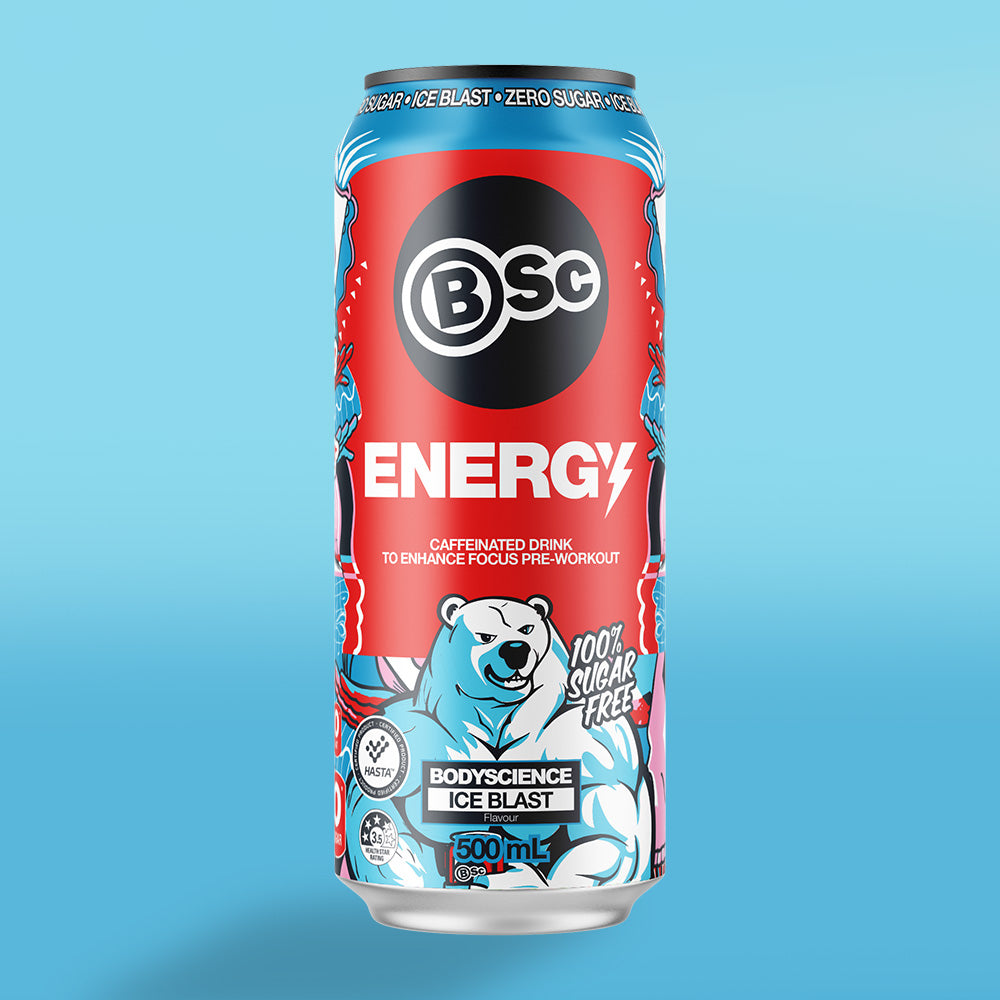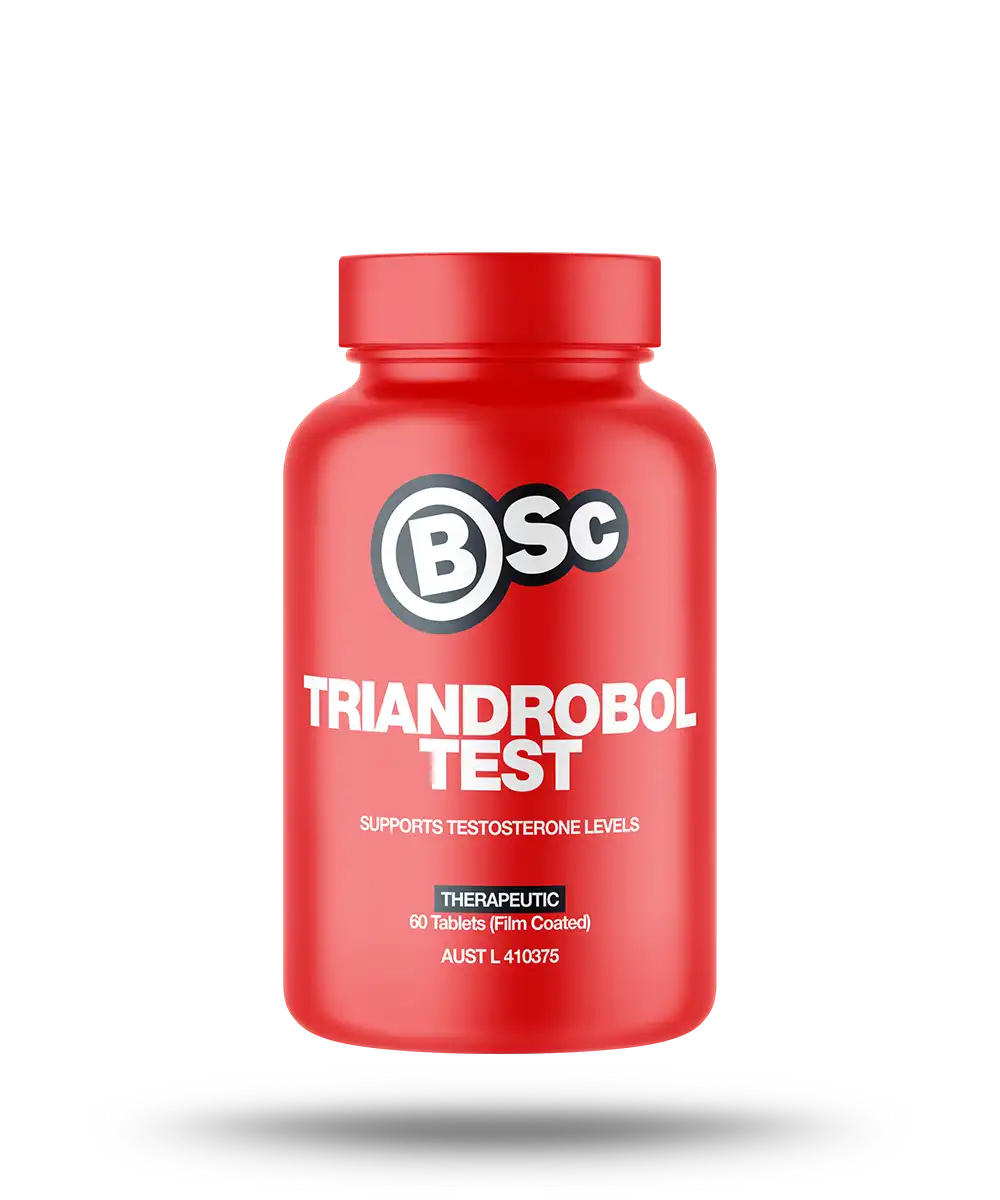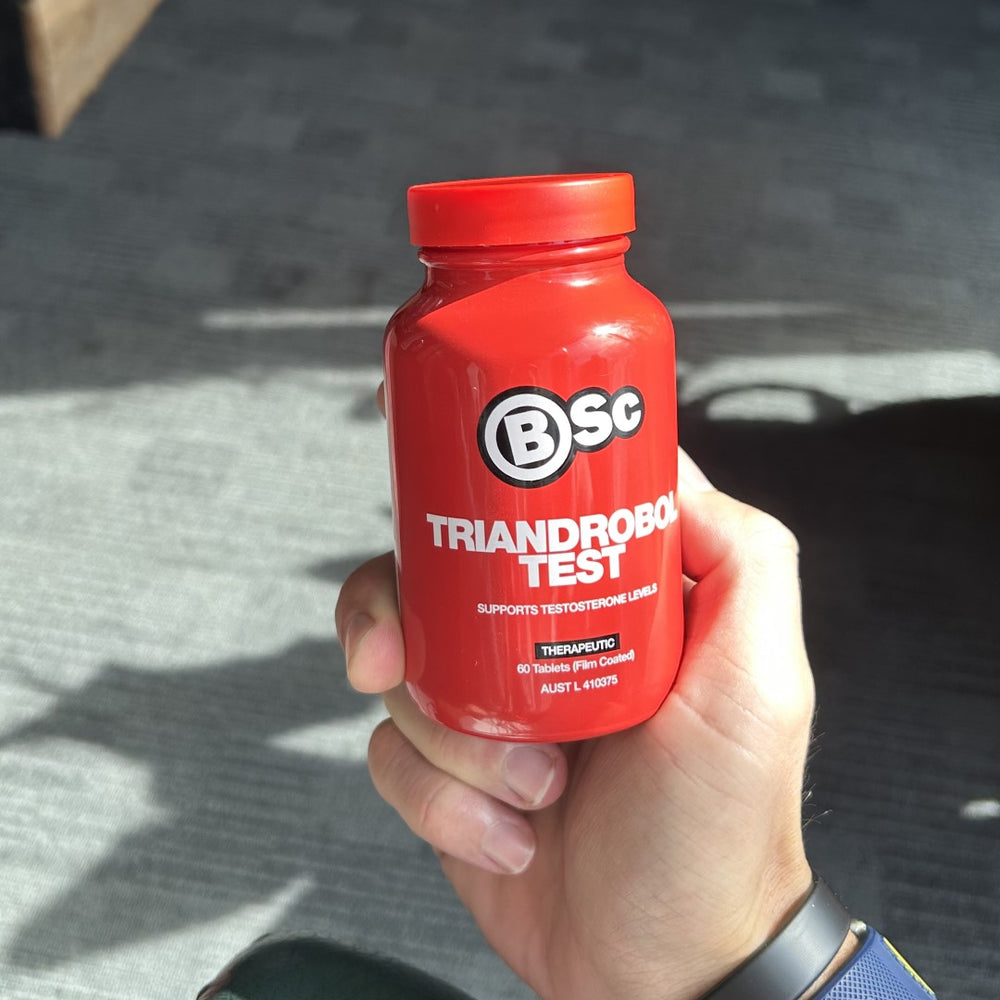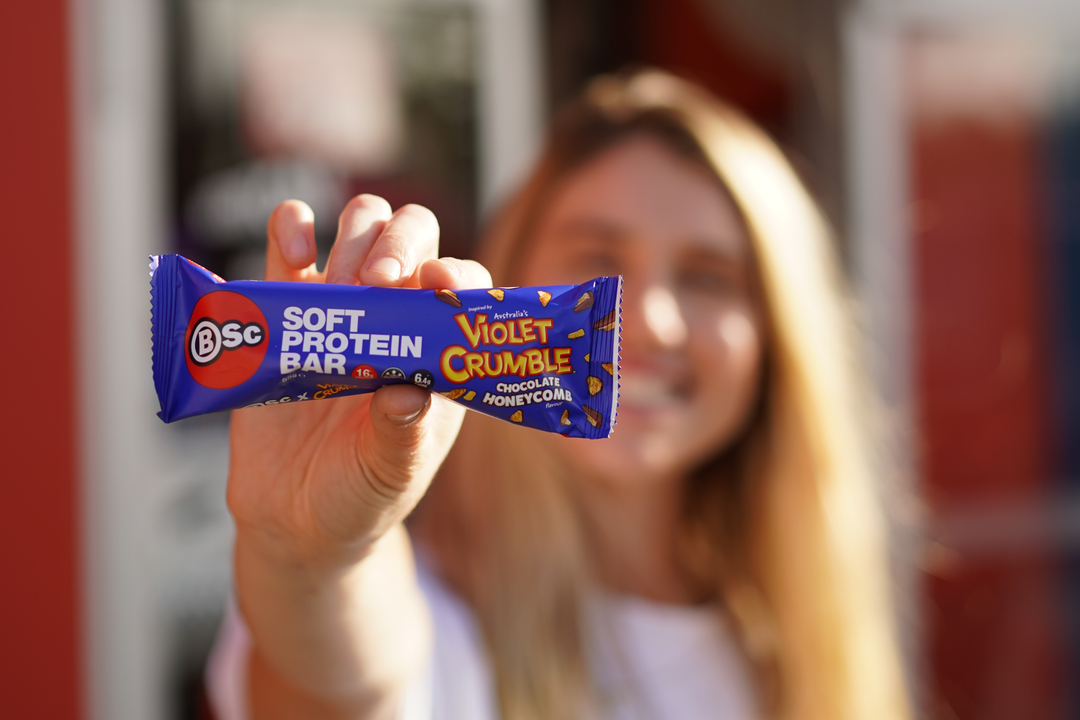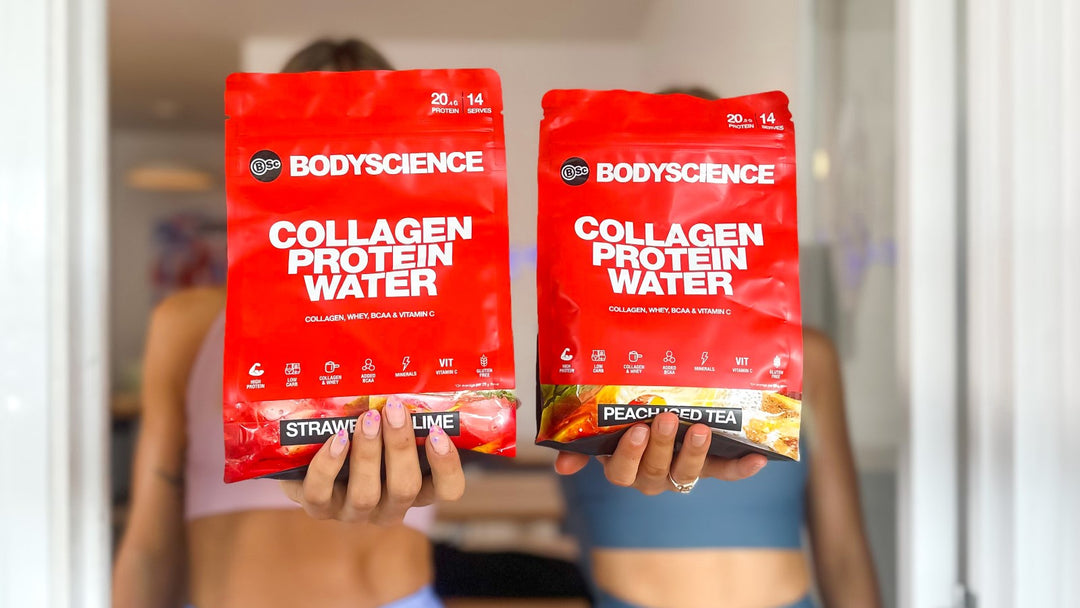You may be familiar with the supplement creatine. Athletes, gym-goers and those looking to improve their physical appearance commonly use this popular supplement.
Given its widespread use, the question people often ask is: Is creatine bad for you?
In this article, we’ll break down the facts and explore why creatine, like many other supplements, has a bad rap and whether or not it deserves it.
What Is Creatine?

Before we look at whether or not creatine is bad for you, let’s unpack what it is.
Creatine is an amino acid found in our muscles. We can get creatine from red meat and seafood, but our bodies also naturally produce the substance in our liver, pancreas and kidneys.
Creatine provides energy to our muscles during heavy lifting or short, high-intensity exercise. Think of creatine as an energy reserve that gives us an extra boost when our bodies need it.
So, with all this in mind, is creatine bad for you? Let’s take a look at three facts and three myths about creatine to find our answer.
3 Common Facts About Creatine
- Creatine is a naturally occurring amino acid derivative that is found in foods like meat and fish. It is also produced by our bodies in the liver, kidneys, and pancreas.
- Creatine improves strength, power, and performance during highly intense physical activity. And is backed by numerous studies. It also increases lean muscle size when used in conjunction with resistance training.
- Creatine has other potential benefits: Apart from its performance-enhancing effects, creatine may have other potential health benefits. Some studies suggest that it could help with neurological conditions and even enhance brain health.
3 Common Myths About Creatine
- Creatine is a steroid: Creatine is often falsely associated with steroids. However, it is important to note that creatine is not a steroid but a naturally occuring compound in our bodies and certain foods.
- Creatine is only for bodybuilders: While creatine is popular among bodybuilders and athletes, it can be beneficial for anyone involved in high-intensity activities or looking to improve their overall performance. It is not limited to a specific group of individuals.
- Creatine causes kidney damage: This is a common myth surrounding creatine, but it has been debunked by numerous scientific studies. When taken in recommended doses, creatine is generally safe for healthy individuals, including the kidneys. However, it's always a good idea to consult with a healthcare professional before starting any new supplements.
So, Is Creatine Bad For You?
When taken as directed, creatine is one of the most effective and safe dietary supplements on the market, with proven results. The supplement has been shown to increase muscle mass, strength, performance and brain function.
So is it bad for you? No, on the contrary, creatine is good for you!
When determining how much creatine is safe, it’s recommended to follow the usage directions, which you can find in the ‘Nutritional Information’ section of your supplement. Typically, 5g of creatine is adequate, and it’s best to remain hydrated when taking these supplements, as severe dehydration can result in kidney damage.
What Is Creatine Used For?

Many take creatine to gain muscle, enhance strength, and improve physical performance, so you can see why this supplement is so popular among athletes and bodybuilders.
Some studies have also shown that creatine may help with neurological diseases by ensuring energy production in the brain.
How Does Creatine Work?
Here’s where we have to get into the science involved with creatine supplementation. We’ll break it down into simple terms.
When you take creatine or your body makes it, it quickly teams up with something called a phosphate molecule. This forms creatine phosphate.
The body's cells use something called ATP (adenosine triphosphate) for energy. Think of ATP as a fully-charged battery, ready to power any activity. When our body breaks down foods like carbs, proteins or fats, it's actually building this ATP "battery."
When ATP releases energy, this energy is used to drive whatever process is being performed. We use this energy for things like moving our muscles. After releasing this energy, the ATP "battery" is now called ADP (adenosine diphosphate) because it's like a partly-used battery.
Here's where creatine comes into play.

The creatine phosphate in our muscles can donate its phosphate to ADP, turning it back into ATP. This provides a rapid source of energy, allowing for more immediate ATP regeneration. This means that with increased creatine phosphate stores, our muscles can maintain high-intensity activity a bit longer before getting tired.
So, in short, we eat food to make ATP (our body's battery), use ATP for energy, and then get ADP (a partly-used battery) as a result. Creatine helps to quickly recycle ADP back to ATP, allowing for sustained energy, especially during short bursts of high-intensity exercise.
The Best Creatine Supplements
Now that we’ve established that creatine is not bad for you and is a well-researched, proven supplement, you probably want to get your hands on some. We don’t blame you!
If you’re looking for a high-impact supplement that’s affordable and can help with recovery, muscle mass and gains, we have just what you need.
We’re one of Australia’s leading suppliers of creatine supplements and are dedicated to quality and innovation in the supplement industry. At Body Science, we use science-backed ingredients in all of our supplements.
Myocytin™ is our powerhouse creatine delivery system. In just 6 days, athletes ingesting Myocytin Creatine had a 200% increase in upper arm girth compared to those using Pure Creatine.
Explore our range of creatine supplements to level up your health and fitness routine.
While it is a common myth that creatine is bad for you, it’s just that: a myth! Remember, it’s important to always consult with your doctor before adding any supplements to your diet, especially if you have any health conditions.